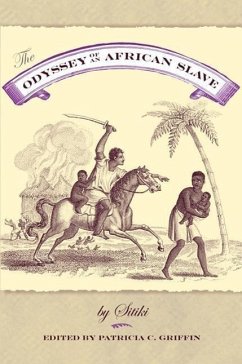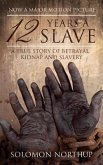Powerful, mesmerizing narrative of the life of an African-born slave "St. Augustine during the nineteenth century has been described for us by many a resident and traveler, but never so pungently and colorfully as by Sitiki, renamed Uncle Jack, an African American who passed from slave in the first half of the century to freedman in the second."--Michael Gannon, author of Florida: A Short History "Griffin presents Sitiki/Smith's narrative, his life and his times, with sensitivity, respect, and accuracy. A revealing autobiography of a remarkable man."--Jim Miller, former state archaeologist and chief of the Bureau of Archaeological Research "As the only first-person slave narrative to emerge from Florida, this volume offers us a human perspective on the experience of enslavement and relocation and tells the story of a remarkable man."--Aaron Sheehan-Dean, author of Why Confederates Fought > Captured and sold into slavery in Africa as a five-year-old, Sitiki travelled to America as a cabin boy. Eventually sold by the ship's captain to Josiah Smith of Savannah, Georgia, he lived there and in Connecticut with his new master. Captured by the British during the War of 1812, he was returned to the Smiths, to be freed only after the Civil War. He went on to become the first black Methodist minister in St. Augustine, Florida where he established his own church. Patricia Griffin does not leave the story at the conclusion of the slave narrative, but explores Sitiki's experiences and places them in clear and valuable context. She presents the narrative unencumbered, allowing Sitiki's authority, compassion, and personality to speak for itself.








